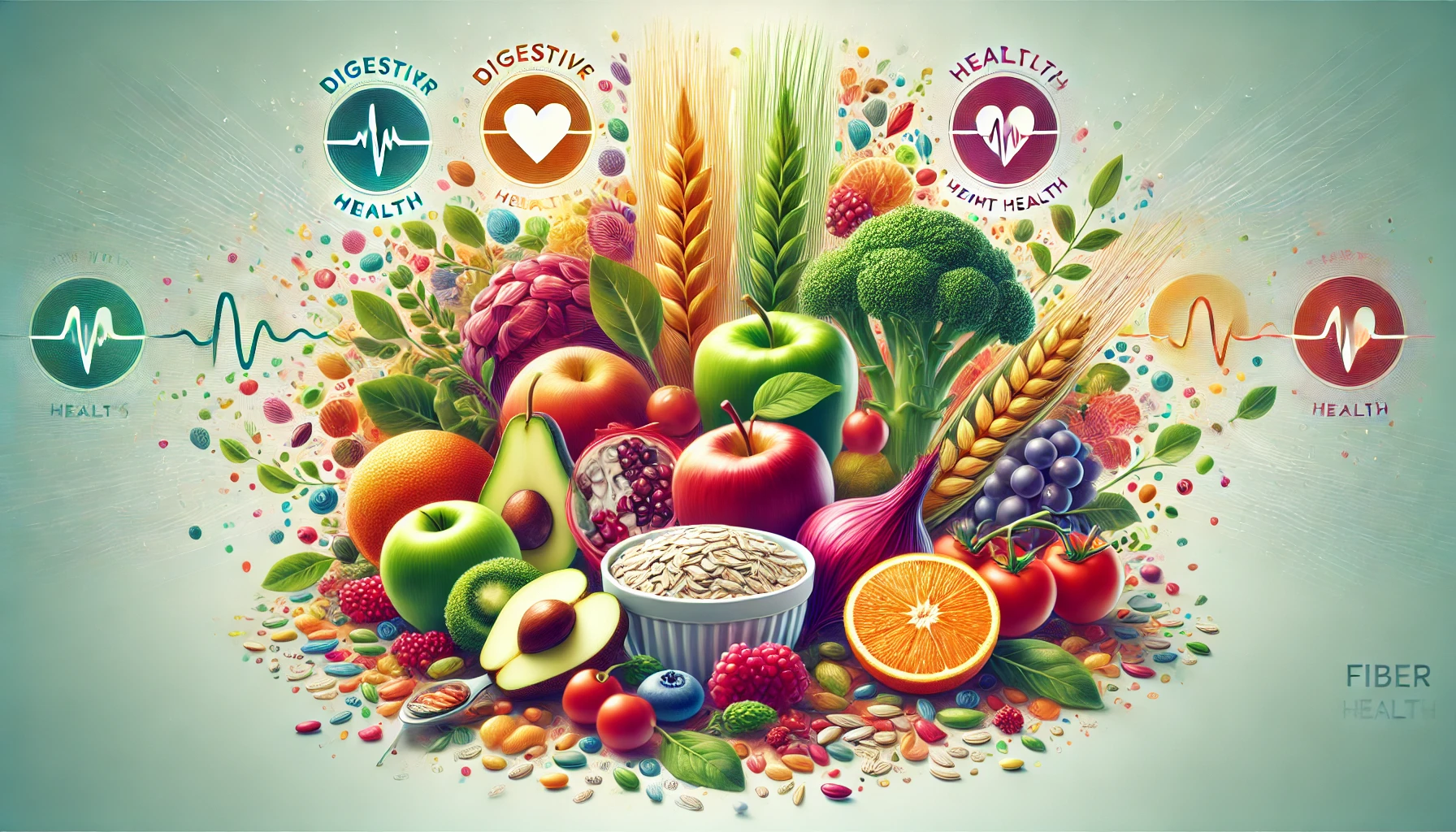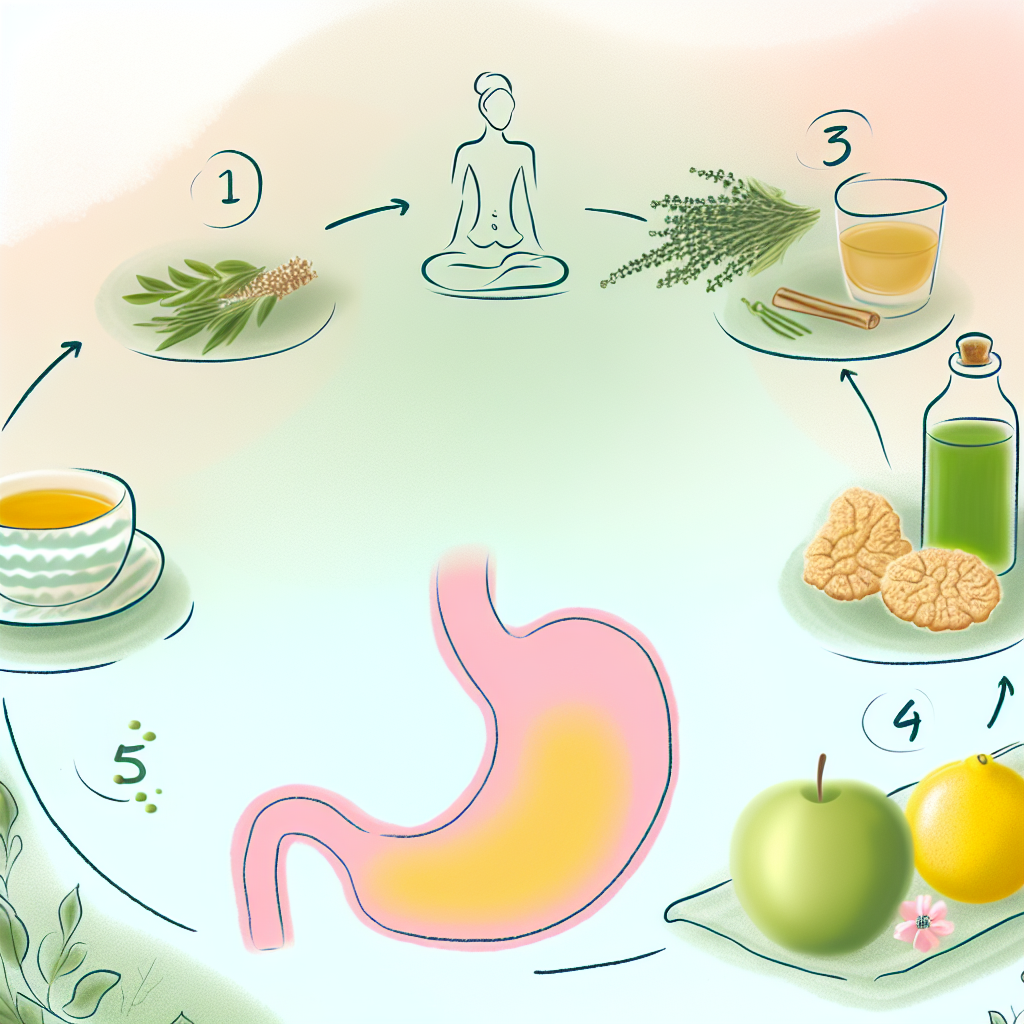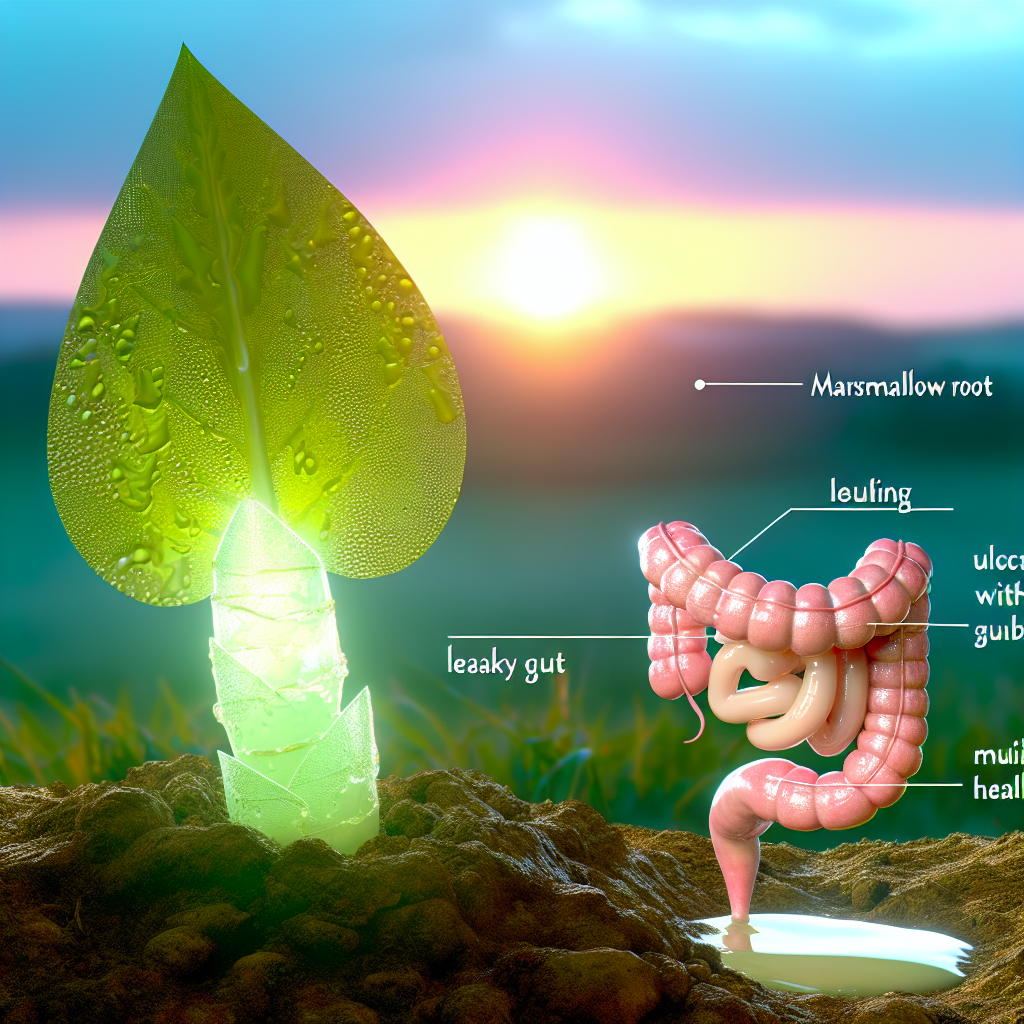The Advantage of Consuming Foods That Are High in Fiber
Fiber is an indigestible kind of carbohydrate. Nevertheless, it serves a crucial function in our gastrointestinal health and general state of being. Below is an analysis of the advantages derived from ingesting foods that are abundant in dietary fiber:
Gastrointestinal Well-being
Consistency is essential for preserving a well-functioning digestive system, and dietary fiber plays a pivotal role in facilitating this process. Fiber, present in a variety of plant-derived foods such as fruits, vegetables, whole grains, and legumes, is a crucial element of a well-rounded diet.
Fiber Facilitates Digestive Health
Fiber facilitates the efficient movement of food through the gastrointestinal tract, mitigating prevalent digestive problems such as constipation and hemorrhoids.
Prevent Constipation and Hemorrhoids
Constipation is a bothersome and unpleasant ailment marked by infrequent or challenging bowel movements. Fiber aids in increasing the volume of the feces, facilitating its passage through the intestines. Consequently, this helps reduce the stress and discomfort linked to constipation. Consistent defecation is crucial for maintaining optimal digestive health and can also enhance one’s overall sense of well-being.
Reducing Hemorrhoids Risk
Fiber not only helps to avoid constipation but also contributes to reducing the likelihood of getting hemorrhoids. Hemorrhoids are engorged blood vessels located in the lower rectum or anus, resulting from excessive exertion during defecation. Fiber facilitates regular and effortless bowel movements, minimizing the strain and pressure on these fragile veins and decreasing the chances of developing hemorrhoids.
Promote Gut Microbiome Health
Gut microbiome health is crucial for digestion and overall well-being. Fiber functions as a prebiotic, nourishing the beneficial bacteria in your gastrointestinal tract. These bacteria are vital in maintaining a healthy gut microbiome and are essential for digestion, food absorption, and immunological function.
Additional Health Benefits of Fiber
Weight management: Fiber can increase satiety, which can decrease calorie consumption and assist with weight management endeavors.
Fiber aids in regulating blood sugar levels by reducing the rate at which sugar from food is absorbed into the bloodstream. This is advantageous for individuals with diabetes or prediabetes.
Consuming foods rich in soluble fiber, such as oats, beans, and certain fruits, can potentially decrease LDL (“bad”) cholesterol levels, reducing the likelihood of developing heart disease.
According to research findings, colorectal cancer risk may be reduced by consuming a diet high in fiber.
Achieving Your Fiber Objectives
The daily recommended fiber intake for adults is 25 grams for females and 38 grams for males. The majority of individuals do not meet this criteria.
Incorporating Fiber-rich Foods into Your Diet
Fiber-rich foods, such as fruits, vegetables, whole grains, legumes (beans and lentils), and nuts, are highly beneficial sources of dietary fiber. If you are unaccustomed to consuming a diet rich in fiber, it is advisable to gradually augment your consumption to prevent bloating and excessive gas formation.
Hydration and Fiber
Remember to consume an ample amount of water while increasing your fiber intake, as this aids in digestion and absorption.
Conclusion
Fiber is a crucial component of a nutritious diet. By incorporating a greater number of foods that are high in fiber into your meals and snacks, you can gain various health advantages and enhance your general state of being.

Dominic E. is a passionate filmmaker navigating the exciting intersection of art and science. By day, he delves into the complexities of the human body as a full-time medical writer, meticulously translating intricate medical concepts into accessible and engaging narratives. By night, he explores the boundless realm of cinematic storytelling, crafting narratives that evoke emotion and challenge perspectives.
Film Student and Full-time Medical Writer for ContentVendor.com




